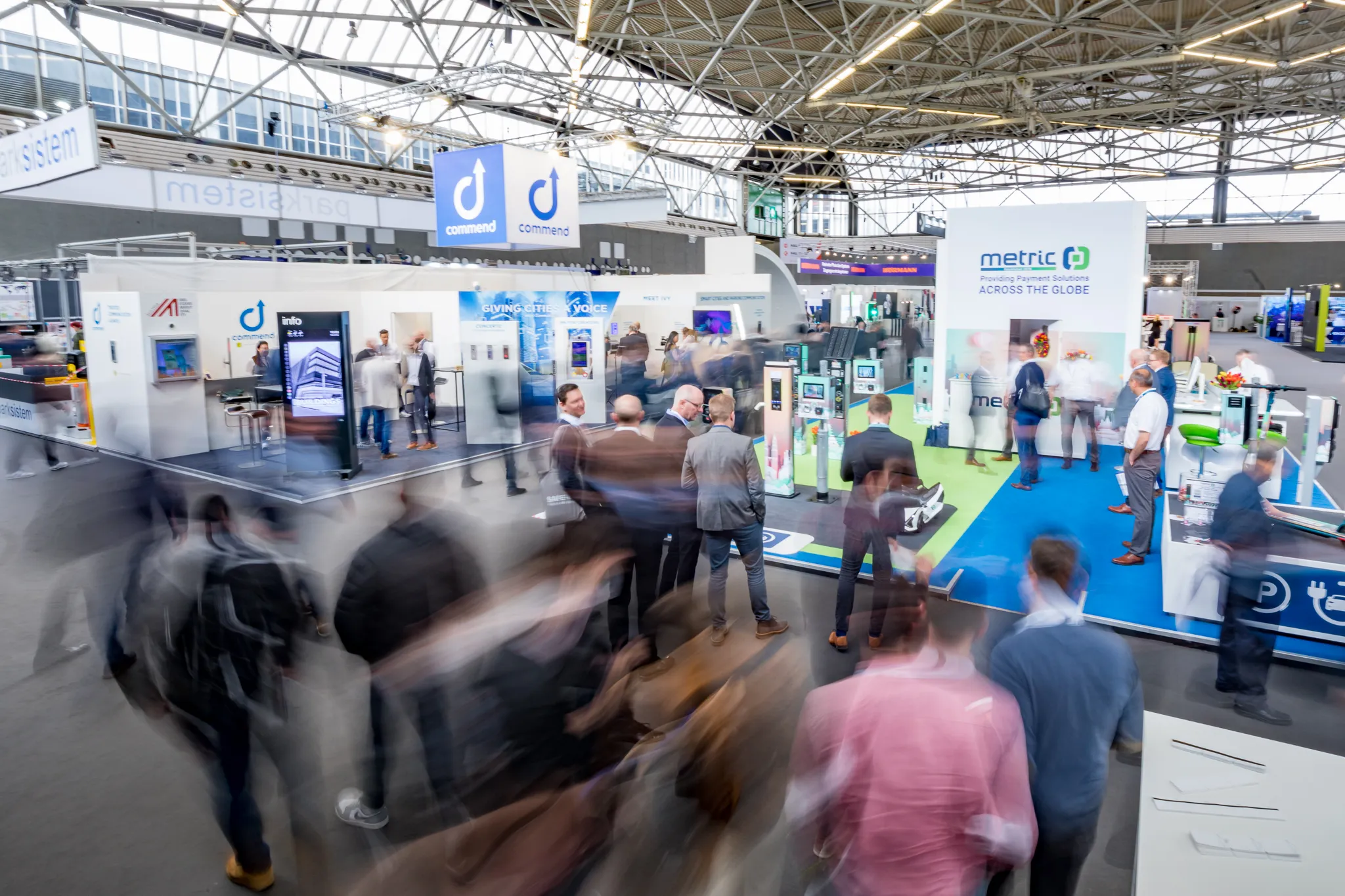Visitors to the
Accessible South Axis Amsterdam – the Olympic Games of Cooperation
At the South Axis Amsterdam, an area of nearly eight square kilometres with 700 companies, 35,000 employees, more than 50 hotels, shops, bars and restaurants, 1,450 apartments and a total of 8,000 houses will be built in the near future. This means that in the next 10 years approximately 10 billion euros will be invested in roads, property and rail infrastructure. But how do you make sure the area remains accessible during these massive construction works? That is the challenge of the ‘Accessible South Axis Amsterdam’ organisation who are using smart planning and smart building, influencing mobility demand and combining project communications, as well as traffic and incident management, monitoring and evaluation.
Cooperative Traffic Management in cooperation with Nissan Research
The province of North Holland is cooperating with Nissan Research Centre (Silicon Valley) on the connection between automated cars and traffic lights.
Based on the rich data from traffic lights in North Holland, Nissan optimises the automated car in its tactical and operational driving tasks. Despite the highly dynamic traffic lights in North Holland, prediction of the state of traffic lights is possible, based on research by Nissan and is also used for future development in traffic management of the province.
Amsterdam Practical Trial
The Amsterdam Practical Trial is a large-scale programme of field operational trials putting the newest innovations to the test, both in cars and on the road.
Nowhere else in the world is smart technology being applied for traffic management at such a large scale in daily traffic, with real cars and real drivers in the well-travelled Amsterdam region. By investigating which ideas and techniques are effective in practice, the Amsterdam Practical Trial collects the knowledge necessary to solve the problems of urban-area traffic congestion of the 21st century.
On Wednesday 6 April, goals, cooperation, implementation, perspectives, results and lessons learned from the Amsterdam Practical Trial will be presented in five special sessions.
Bridge Management System ‘Blauwe Golf’
With the Bridge Management Systems project ‘Blauwe Golf’, all available information from road traffic, public transport, emergency services and shipping traffic is combined. This system advises the bridge operator about the best moment to open the bridge. In the past few years, 40 bridges have been equipped with this system and in the coming two years, 90 more bridges will be added within the ‘Metropolitan Region of Amsterdam’. The information is nationally standardised and every service provider can use the data to inform road and shipping traffic.
Regional Roadmap
The four road authorities working together on traffic management in the Metropolitan Region of Amsterdam will explain the transition towards Smart Mobility in a changing world where everything is possible and nothing is sure, on the stand as well as in theatre sessions.










